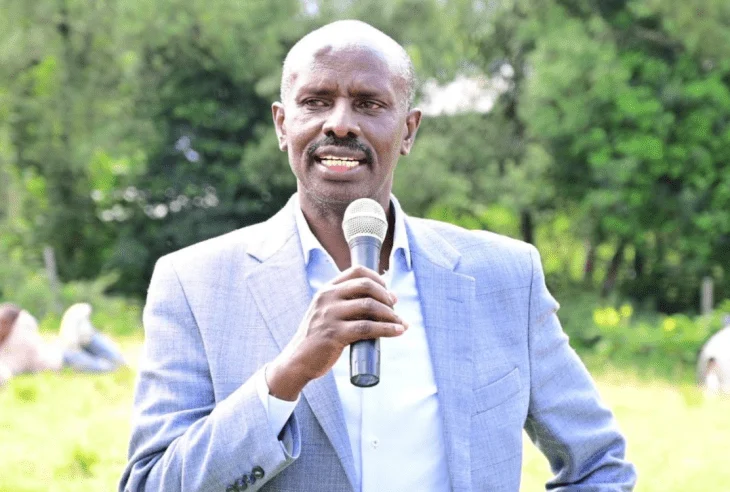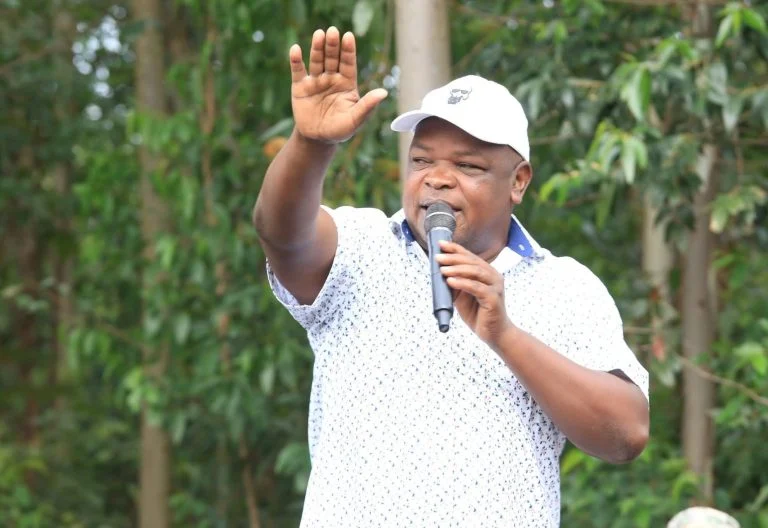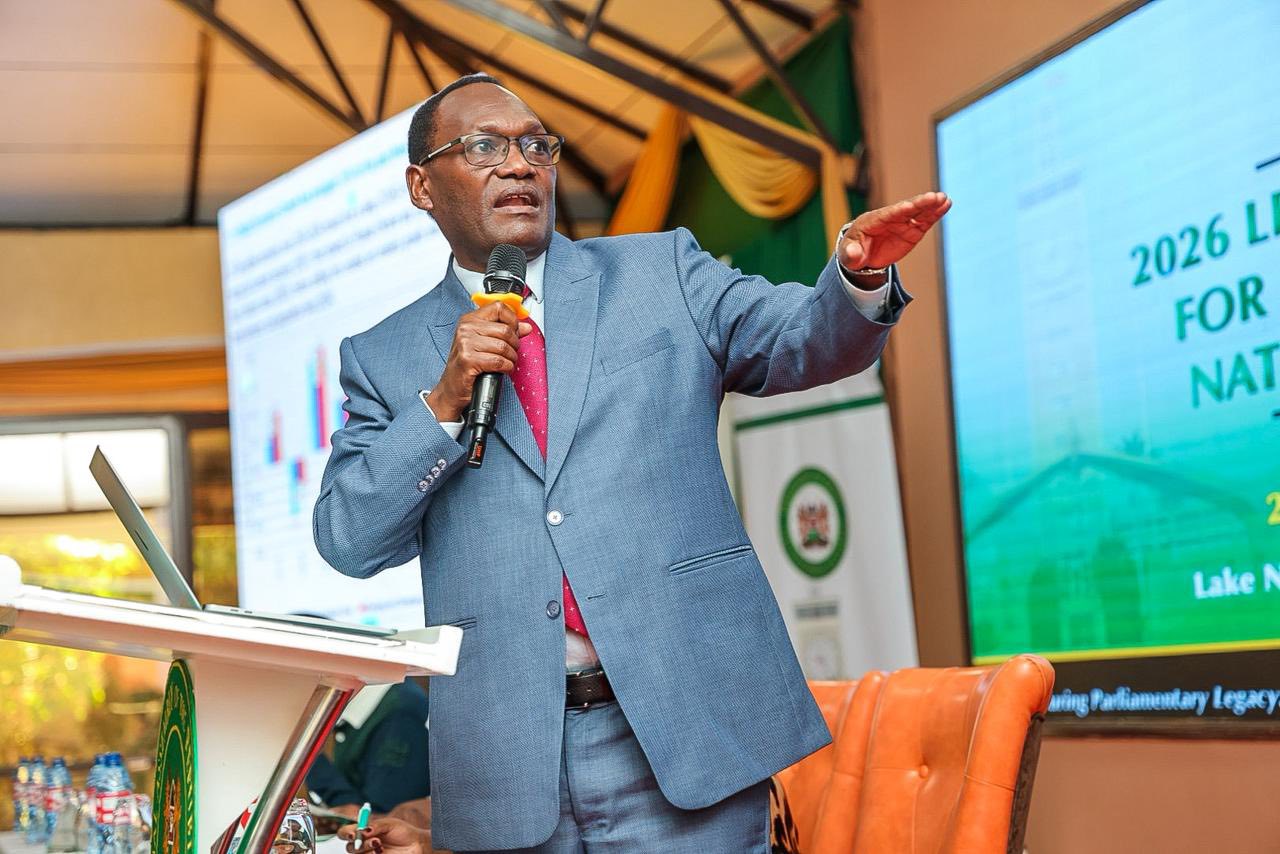When Vision 2030 was crafted and launched by President Mwai Kibaki’s administration through a consultative process led by the National Economic Council with local and international experts on governance and economics, one would have thought that subsequent presidents would stick to its template to manage the affairs of the country up to 2030 with minor adjustments depending on local and international changes impinging on the document.
These presidents and their cabinets were really expected to ensure, for example, that the rate of economic growth on a yearly basis did not fall below 10 per cent as envisaged in the Vision. Their business would mainly have been to use the best and fastest approach to attain this feat mainly by imposing performance targets to their subordinates.
Unfortunately, during the reign of President Uhuru Kenyatta, the reference to Vision 2030 and the adherence to performance management in the executive arm of the government diminished incredibly. Instead of focussing development on all sectors of the economy in order to actualize the vision, President Uhuru, out of the blue, picked only four sectors; Agriculture, Housing, Health and Industrialization.
Crucial sectors like education among others were downgraded. President William Ruto seems to have followed suit by focussing mainly on housing and export of labour abroad as sectors of development. He occasionally talks of housing in terms of an avenue for creating employment rather than as a crucial need for shelter. Again, other sectors of economy seem to have been relegated to the back burner.
The matters raised herein speak to matters governance in the executive arm of the government and the legislature. I will limit this article to governance only. First, during the presidencies of Jomo Kenyatta and Daniel Moi, there were no known advisors on government payroll other than members of the Cabinet.
Currently, President William Ruto has over a dozen of them apart from the Cabinet (23) Speakers (2), Head of the Public Service and Chief of Staff (1), Director NIS (1), Chief of General Staff (1), Chairperson of Council of Governors (1), Inspector General of Police (1) and Comptroller of State House (1), making a total of about 40 individuals.
This raises two challenges on governance. One is that the span of control that the president is exposed to is too wide. In good corporate governance a boss should be dealing with about ten immediate subordinates who will be used by the boss to cascade instructions to the rest of the subordinates of the organization.
Forty people reporting to the president directly are just too many. Two, what happens when the non-constitutional advisors conflict with say, line Cabinet Secretaries? Who is supposed to arbitrate between the two? This scenario is repeated at the level of the Cabinet Secretaries who have two advisors and Governors who also have them. Whose advice does the Cabinet Secretary take if the advisors conflict with Principal Secretaries and the professional Heads of the ministries? Does the Public Service Commission have an in-built mechanism for settling these conflicts? It must be remembered that the Principal Secretaries are appointed by the president but the CSs appoint their own advisors who in most cases, are their friends. This can lead to major conflicts in ministries.
Secondly, the appointment of Cabinet and Principal Secretaries to State Departments that are not in congruence with their educational qualifications as if education doesn’t matter in the performance of their duties is something that should be abolished completely, preferably through some form of legislation. There has not been any time that a teacher or forester or agriculturalist has been appointed as the Attorney General. How come that lawyers are being appointed to be Cabinet Secretaries in the Ministries of Education, Lands, Housing and Physical Planning, Roads and Transport, among others?
Out of close to 55 million people, can’t we find just 22 people to appoint into the Cabinet with the requisite basic qualifications for these dockets? Can’t the president identify another 40 or so Principal Secretaries to appoint to the relevant departments on the basis of their qualifications? This also applies to the governors and their governments.
Thirdly, the successive governments do not seem to have invested in enabling Principal Secretaries and professional heads of ministries to engage the public through structured meetings on matters falling within their mandates. These are the officials who should have been engaging the Gen Z age group all along on matters governance. This should have pre-empted the pent-up pressure that has now exploded through demonstrations that we are now witnessing.
High and relevant education for post holders and good governance matters in government.
YOU MAY ALSO READ:
By Mwalimu Andrew Kibet
You can also follow our social media pages on Twitter: Education News KE and Facebook: Education News Newspaper for timely updates.
>>> Click here to stay up-to-date with trending regional stories
>>> Click here to read more informed opinions on the country’s education landscape






